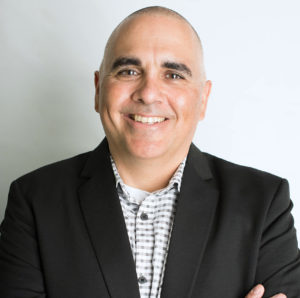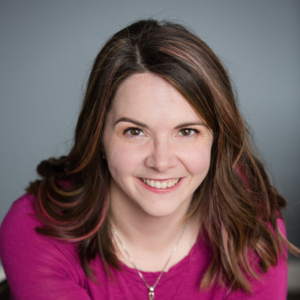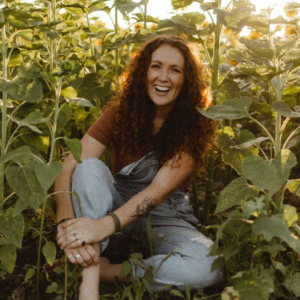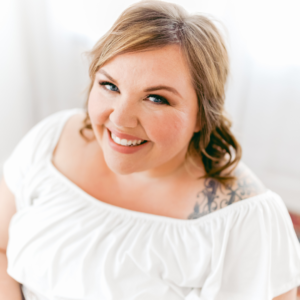This interview with Steff Green was absolutely fascinating!
Steff writes fiction novels & she’s an Amazon best-selling author. In this episode, she gets deep into the nitty-gritty of how to test your ideas on Amazon and everything else you need to know to be successful.
She also has a website called Rage Against the Manuscript where she teaches people who want to become fiction writers and go past the gatekeeper of the traditional publisher. She teaches you how to write, publish and sell your books on Amazon.
Steff's also legally blind – and her story is so fascinating! Even if you have no intention of ever writing a book, there’s a ton you can learn from this interview and I really can’t wait for you to meet Steff!
Steff and I talk about:
- Her journey from archeologist to a paranormal romance author.
- Why Steff decided to self-publish.
- How to frame your marketing to attract your ideal client.
- The biggest thing Steff sees writers get stuck on that holds them back from finishing their book.
- Her best advice if you are struggling to get traction in your business.
- The belief she had to change about herself to get where she is today.
My favorite quotes from Steff:
- “You have to push through and you have to be okay with things not being perfect because perfectionism is procrastination.”
- “You'll spend as much time getting from 95% to 100% perfection, as you will get in from zero to 95%”
- “Don't quit before the miracle.”
Bio:
Steff Green is a USA Today bestselling author of supernatural romance books. She earns multi-six figures a year self-publishing stories about vampires and witches, and she speaks and teaches all over the world, helping authors tell their unique stories, find their audience and build a badass writing career through self-publishing. Oh, and she's legally blind.






